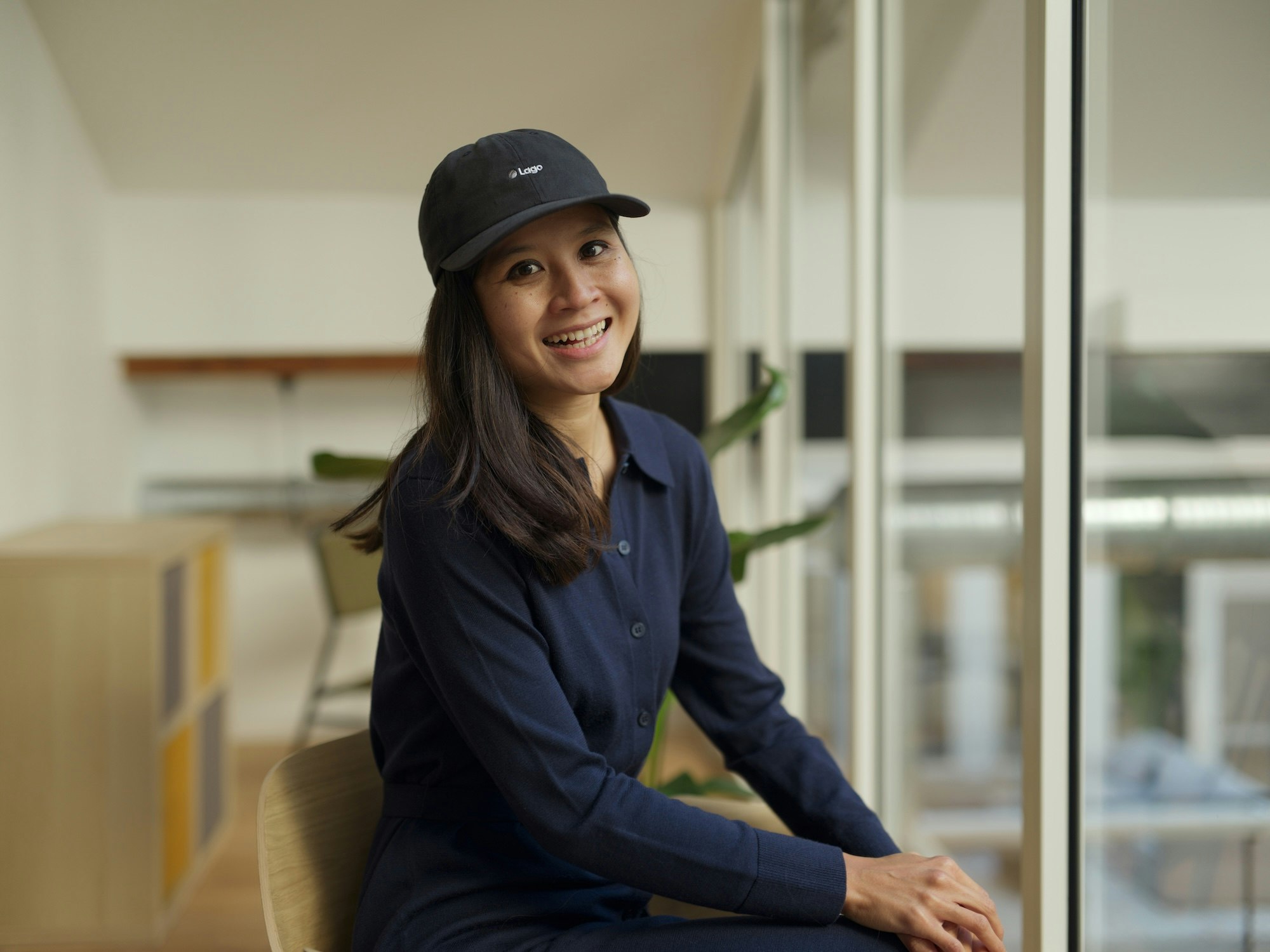Global news and tech company Thomson Reuters has acquired UK AI startup Safe Sign Technologies, which develops large language models (LLMs) for the legal sector, for an undisclosed sum.
The sale comes as the market for AI legaltech reaches a fever pitch, with at least six young European companies in the space raising significant VC funding this year.
But Reuters, which has developed its own AI tool for lawyers named CoCounsel, is keen to stay ahead of the pack. It sees acquisitions as one way to do so, having bought 10 companies — spanning legaltech, software and payments — since 2020.
In March, Thomson Reuters chief executive Steve Hasker told the Financial Times that it has a $8bn war chest for buyouts of AI-focused businesses.
“We believe Safe Sign’s models have demonstrated industry-leading performance across a number of domain-specific evaluations,” said Reuters CTO Joel Hron in a statement.
“We believe that coupling them with our industry-leading content and expertise will help us deliver greater quality and performance from our AI solutions.”
Safe Sign was founded in 2022 by a team drawn from Cambridge, DeepMind, Harvard and MIT. Unlike its competitors in the AI legaltech space, it has not announced any funding from outside investors.
AI acquisitions to heat up
Given that LLMs work best when dealing with language-based problems, it’s not a surprise that so many companies have seen an opportunity to apply this powerful new technology to the legal sector.
“The legal industry is a global behemoth that's seen minimal innovation since the advent of Microsoft Word in the 90s,” says Carina Namih, partner at Plural. “GenAI — especially with a human in the loop to keep accuracy high — is ideally suited to drafting, editing and negotiating legal documents.”
But not all of these startups will survive. Stockholm-based Leya’s cofounder and CEO Max Junestrand says that his company has raised venture capital twice this year to make sure it doesn’t get swallowed up by competitors.
“What tends to happen in vertical SaaS is that you don't have a lot of winners, but you have a few really big ones. That's obviously why we're raising more capital and why we're working really hard,” he told Sifted in July.
In July, when Leya landed $25m, Junestrand told Sifted that Reuters, along with US startup Harvey, are the biggest competitors it comes up against when pitching its legal AI tech to clients.
Big tech companies have become prolific buyers of AI startups in recent years. Apple has acquired more than 20 companies in the space since 2017 and in 2022 Microsoft paid a record breaking $19.7bn for voice recognition developer Nuance Communications.
Other high-profile European startups acquisitions by US corporates include British AI company DeepMind, bought by Google in 2014, and fellow UK startup Evi — the tech behind Amazon Alexa — which sold in 2012.
VCs are now predicting that more consolidation lies ahead, as AI companies are currently struggling to generate revenue to match the lofty valuations they’ve been winning since ChatGPT sent the tech world crazy. If those companies, with stiff competition, now struggle to raise, corporates with deep pockets will have a bargain buffet on their hands.



